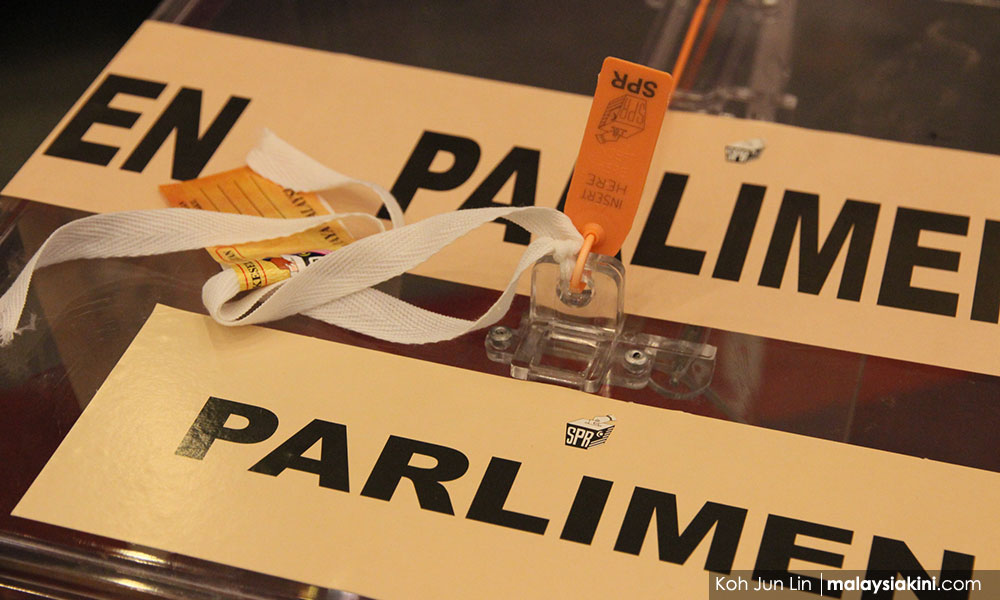We were appalled by the recent call for seat increase and redelineation based on race and religion by the PAS central committee member, Khairuddin Aman Razali. As he is the minister for plantations and industries, his views are detrimental to the country, party and the coalition that he is with.
A similar call was echoed by the vice-president of PAS, Nik Amar Abdullah for additional seats to be added for Kelantan, Terengganu, Pahang and Kedah to increase the number of Malay representatives in Parliament.
Khairuddin’s call to increase parliamentary seats for Malay majority areas and a redelineation to benefit a certain group goes against the very principle of Article 8 (1) of the Federal Constitution – where all Malaysians are equal under the law.
While we acknowledge the flawed nature of the current constitutional principles of redelineation, the aim of any given redelineation is to comply with the Thirteenth Schedule.
We must consider two key tenets of the Thirteenth Schedule in relation to this uncalled for proposal by Khairuddin - respecting equality of voters in a given state and maintenance of local ties. Historically, race-based redelineations in Malaysia have created a runaway malapportionment crisis in the country and the systematic disregard of local ties.
Khairuddin’s proposal is similar to Hindraf’s call for the creation of seven Indian majority seats in 2019, which we openly rejected. The creation of Indian majority or Malay majority seats (using the logic of the calls by Khairuddin and Hindraf) opens to more malapportionment and gerrymandering in the country.
Race or religious-based redelineation deepens the existing ethnoreligious polarisation in Malaysia which we are strongly opposed to. Moreover, race-based redelineation works on a flawed logic where the beneficiary group will vote along the same lines for the given area and time.
The 2018 race-based redelineation serves as a timely reminder that it is possible for the one who rigs the boundary to lose the elections. Compounded with the fact that the "first past the post" system is very vulnerable to electoral boundary rigging, the call for race-based redelineation ought to be rejected outright.

A seat increase and subsequently, the redelineation by the seat increase should only be considered for the following reasons below.
Avoid fragmentation
1. Changing of the electoral system to mixed-member proportional;
2. Conducted in tandem with comprehensive institutional reforms through constitutional amendments;
3) Consider the impact of the new size of the electorate after the implementation of Undi18.
Following on from the reasons above, we have proposed that a future redelineation should be done with the below considerations.
1. Federal and state constituencies shall have an electorate size no more than +/-15 percent of the state average for states of Peninsular Malaysia and no more than +/-25 percent of the state average for Sabah and Sarawak;
2. Constituencies ought to be drawn so that fragmentation of geographically concentrated minorities are avoided and coincide with communities of interest;
3. Constituencies ought to respect local authority boundaries.
Race and religious-based redelineation should not be tolerated as it will accentuate unnecessary deep divisions in society.
A fair redelineation process that respects the principles of equality and local ties will lay the foundation for a more level political competition field and ensuring accessibility for voters with their elected representatives.
TINDAK MALAYSIA aims to educate Malaysians through social-economic empowerment programmes.
The views expressed here are those of the author/contributor and do not necessarily represent the views of Malaysiakini.

